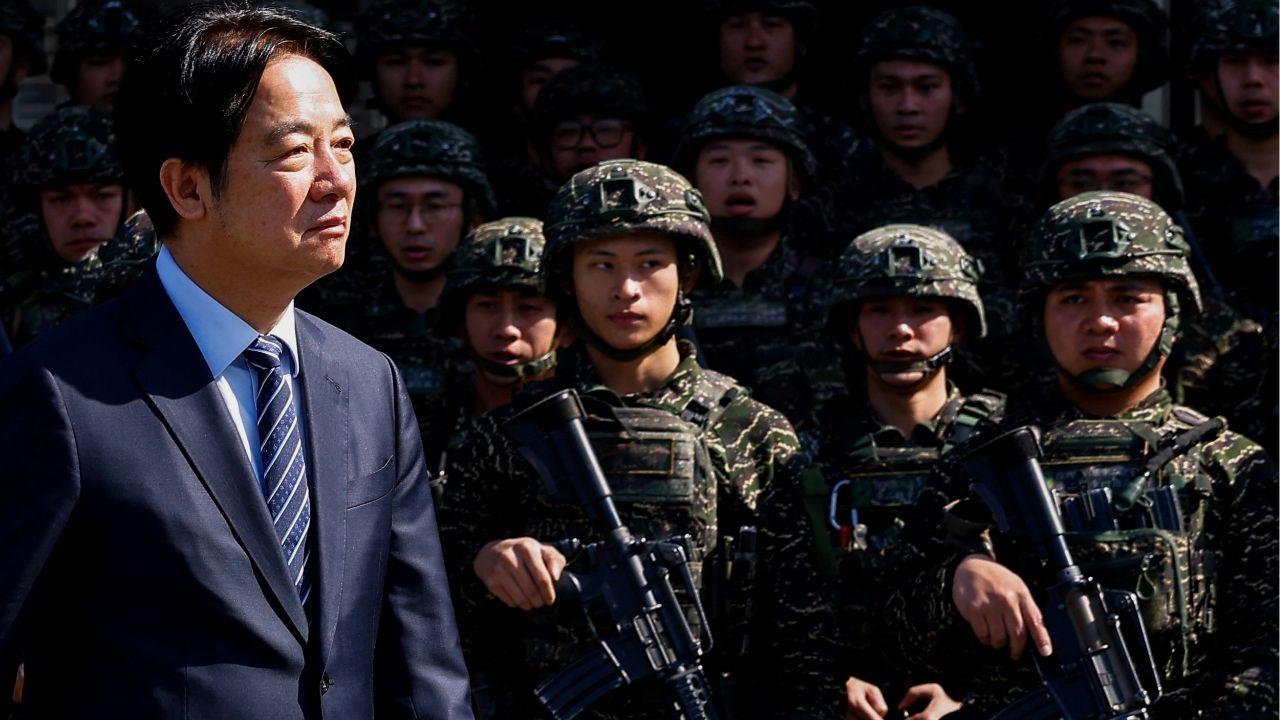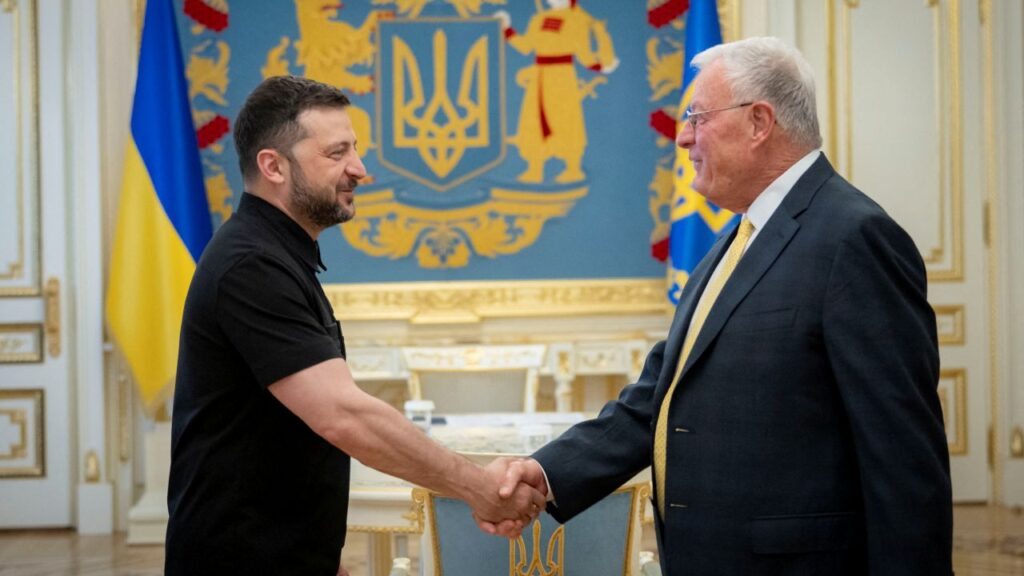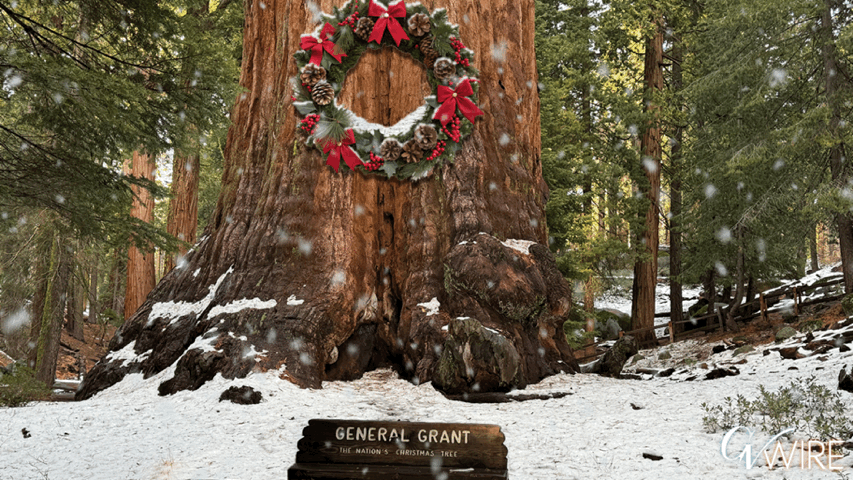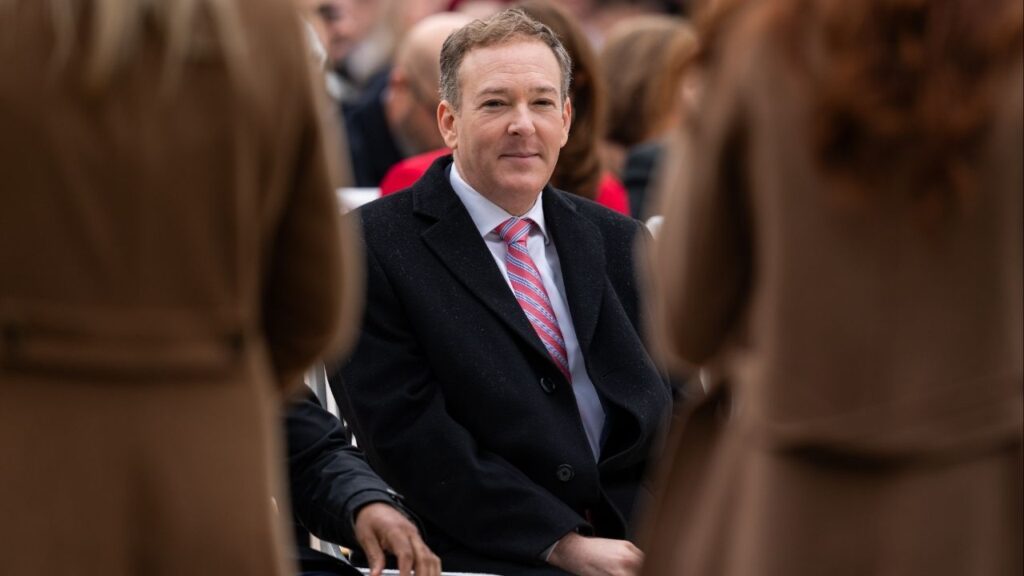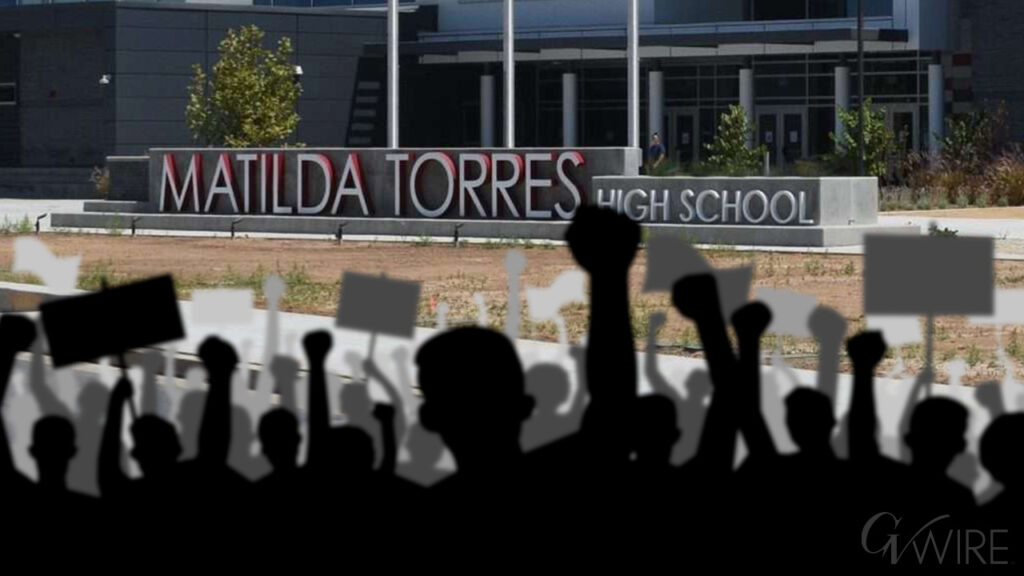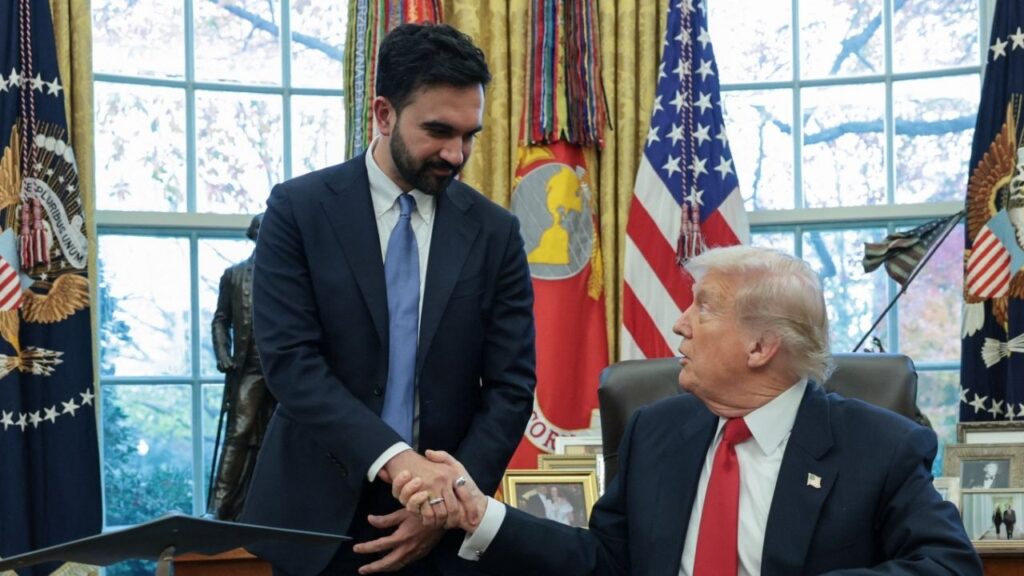Taiwan's President Lai Ching-te pays a visit to Songshan airbase in Taipei, Taiwan March 21, 2025. (Reuters/Ann Wang
Share
|
Getting your Trinity Audio player ready...
|
President Donald Trump should get the Nobel Peace Prize if he is able to convince Chinese President Xi Jinping to abandon the use of force against Taiwan, President Lai Ching-te told a conservative U.S. radio show and podcast in an interview.
Washington is Chinese-claimed Taiwan’s most important international backer, despite the absence of formal ties, but since Trump took office this year he has not announced any new arms sales to the island.
Trump is expected to meet Xi this month, and some foreign policy experts and people in Taiwan are concerned he may not be as committed as past U.S. presidents to the island’s defense and might offer Beijing concessions to secure a significant trade deal.
Lai, speaking this week on “The Clay Travis and Buck Sexton Show,” which is carried on more than 400 talk-radio stations, referred to comments by Trump in August in which he said Xi told him China would not invade Taiwan while he was U.S. president.
China, which regards the island as merely one of its provinces, has never renounced the use of force to bring Taiwan under its control and regularly sends its military into the waters and skies around the island.
Hope for Trump Support
“We hope to continue receiving President Trump’s support. Should President Trump persuade Xi Jinping to permanently abandon any military aggression against Taiwan, President Trump would undoubtedly be a Nobel Peace Prize laureate,” Lai said.
Trump has said he deserves the accolade given to four of his White House predecessors. This year’s prize will be announced in Norway on Friday.
Asked what he would tell Trump if they were to meet, Lai said he would advise him to pay attention to Xi’s actions.
“I would advise him to pay particular attention to the fact that Xi Jinping is not only conducting increasingly large-scale military exercises in the Taiwan Strait, but is also expanding military forces in the East China Sea and South China Sea,” Lai said, according to a transcript of his remarks released by the presidential office on Tuesday.
Given the lack of formal ties, Taiwanese leaders do not speak directly to or meet U.S. presidents.
Asked about Lai’s remarks, White House spokeswoman Anna Kelly said the president “deserves the Nobel Peace Prize many times over.”
“His direct involvement in major conflicts, leveraging tools from America’s military might to our superior consumer market, has brought peace to decades-long wars around the world,” she said. “The president’s legacy is already cemented as Peacemaker-in-Chief, but as he said, he doesn’t care about the recognition – only saving lives.”
A few hours after release of the interview transcript, Taiwan’s defense ministry reported a “joint combat readiness patrol” around the island by 23 Chinese military aircraft and drones along with Chinese warships.
Lai said China’s increasing military activities further and further from its own shores were not only a challenge for Taiwan.
“The challenge extends beyond merely annexing Taiwan. Once Taiwan is annexed, China will gain greater strength to compete with the United States on the international stage, undermining the rules-based international order,” he said.
“Ultimately, this will also impact U.S. homeland interests. Therefore, I hope President Trump will continue to uphold peace and stability in the Indo-Pacific.”
China’s foreign ministry did not immediately respond to a request for comment.
Increased Defense Spending
Taiwan, along with major Western allies, has worked to address Washington’s concerns that it is not spending enough on its own defense – Lai has set a target of 5% of gross domestic product by 2030.
“I will tell them that Taiwan is absolutely determined to safeguard its national security,” Lai told the show, when asked how he would show the U.S. the island’s resolve.
On Tuesday, John Noh, nominee to be the senior Pentagon official for the Indo-Pacific, told a Senate hearing he strongly supported Trump in saying that Taiwan should spend up to 10% of its GDP on defense and that there were many things Taipei needed to do to urgently prepare for a potential invasion scenario.
The United States is bound by law to provide Taiwan with the means to defend itself, but has long stuck to a policy of “strategic ambiguity,” not making clear whether it would respond militarily to a Chinese attack on the island.
Lai rejects Beijing’s sovereignty claims, saying only the island’s people can decide their future. China calls Lai a “separatist” and has repeatedly rebuffed his offers of talks.
Analysts say China would particularly like the Trump administration to state explicitly that it opposes Taiwan’s independence rather than say, as did the Biden administration, that it did not support it.
The U.S. State Department says the U.S. position on Taiwan has not changed and that Washington opposes any unilateral changes to the status quo from either side.
—
(Reporting by Ben Blanchard; Additional reporting by Trevor Hunnicutt and David Brunnstrom; Editing by Tom Hogue, Kate Mayberry and Alistair Bell)


